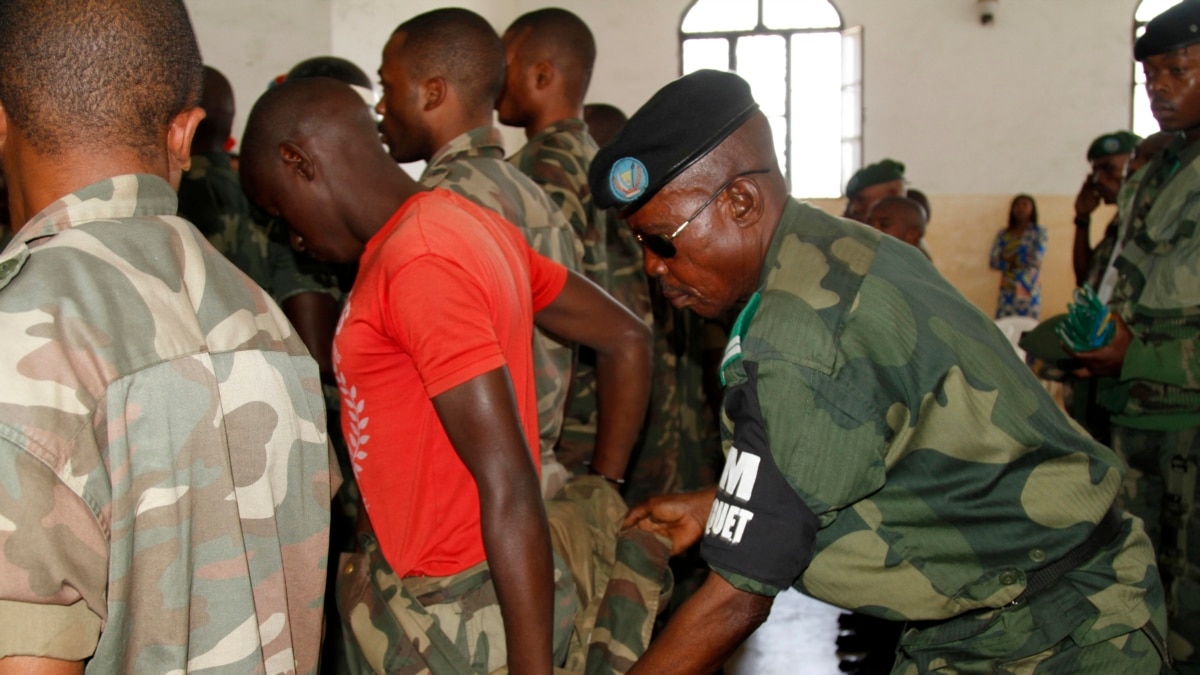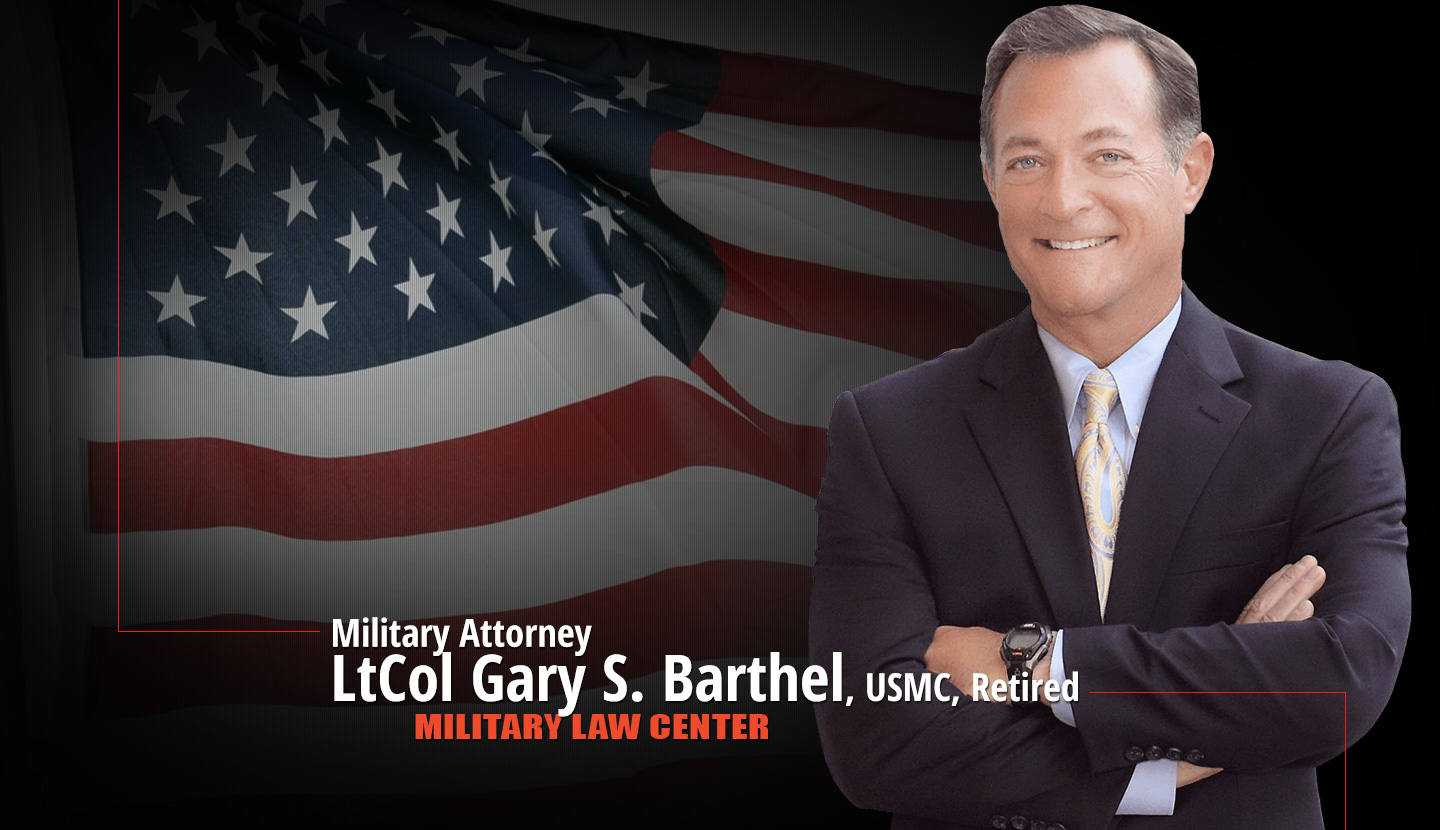Military Tribunal Lawyers - 4 / 4 Show caption + Hide caption - Mississippi National Guard Maj. Jonathan Bullock, a defense attorney, defends a defendant during the fourth annual 167th Continuous Theater Command mock court-martial, Aug. 2, 2018, in Calhoun County. in court Questions Alabama military arbitration... (Image credit: US ) View original
The 167th Theater Sustainment Command's Judicial Prosecution Service concluded a year-long training exercise August 7-8, 2018, at the Calhoun County Courthouse, Anniston, Alabama. The exercise was designed to train all Judge Advocate Generals of the Division on military justice and the administration of military justice.
Military Tribunal Lawyers

The event was planned and executed by the 167th JAG section and resulted in a formal court martial. Alabama National Guard soldiers (mostly from the TSC) filled almost all the roles of defendant, attorney, judge, panel (jury) and witnesses. The commanding general, the court staff advocate, and all JAG staff performed their roles as they would in a real case. Participants in all initial competitions have trained the entire JAG division, other staff, and the commanding general during training sessions during the trial in the past year.
Ucmj Military Corrections And Discharge
It was the fourth annual 167th TSC Trial Court and was held at the Calhoun County Courthouse, a short distance from TSC headquarters. The event looked, looked and felt like a real trial, with soldiers in their service uniforms and lawyers for each side calling witnesses and presenting arguments, all in the back of a real courtroom. The case was based on real military disciplinary issues to make the scenario as realistic as possible.
In this scenario, the charge against the soldier stems from incidents that occurred during annual training in a country within the U.S. Southern Command's area of responsibility that represents the 167th New Mission in Support of SouthCom. As a matter of fact, a witness was a soldier in the army of a South American country and needed an interpreter to translate between Spanish and English for the court. Since most of the people living in SWALCOM's area of responsibility spoke Spanish, it was an important training point for the command.
National Guard military attorneys from several other states traveled to Alabama to observe the training and receive valuable training tips for their organizations. JAG personnel came from the National Guard, Georgia, Florida, Illinois, Kentucky, and Mississippi.
"If you're wondering how to do this in your state, go back to what you know," said Lt. Col. David H. Estes, 167th Staff Judge Advocate. He told the audience from other states that planning for the training stemmed from his years of experience in the military.
Lawyers Will Put An End To This War After The Military And Politicians
As the senior logistics commander in the National Guard, the 167th TSC works hard to ensure that training is at the forefront of Guard units everywhere. Major General Donald B. "As the only TSC in the Guard, we feel we have a leadership role in the sustainment community, especially when it comes to training," said Tatum, commanding general of the 167th TSC. "We are very happy that other states have sent some JAG officers to attend the training and we will help them in whatever way we can to train them in their organizations."
Not only were troops from other states there to observe, but some actually participated in the training. Major Jonathan Bell of the Mississippi National Guard was part of the defense team. He has been traveling to this five-hour TSC for six months to train for the exam.
Bell said JAG officers could use time (training) like this in the courtroom. It's definitely a good experience -- get on the court." Bell also hopes to bring the benefits of education back to Mississippi. We can at least emulate a little bit of what Alabama is doing now, which is incredible.

Illinois National Guard Sergeant Stephanie Moore served as the 108th Brigade's court reporter.
The Opening Of The Proceedings At The International Military Tribunal Of War Criminals At Nuremberg. In
After literally hearing two days of court proceedings from a panel sitting on witness interviews and arguments, the fact-finding review that followed the reading of the verdict was a reminder that the event was, ultimately, still an educational exercise.
When the trial was complete, the verdict was read, and after a thorough review, the 167th JAG was discharged and returned to the force. They practice until October to digest the points of this mock court-martial training before they start preparing for the next game and more. Browse below to view digital recordings and find items you can access in our Library and Chapel Center.
The International Military Tribunal at Nuremberg opened in the fall of 1945, but by the winter of 1942, the governments of the Allied Powers had already announced their decision to punish Nazi war criminals. On December 17, 1942, the leaders of the United States of America, Great Britain, and the Soviet Union issued the first joint statement that officially referred to the massacre of European Jews and decided to prosecute those responsible for violence against civilians. do Although some political leaders favored summary executions rather than trials, the Allies eventually decided to set up an international military tribunal so that, according to Cordell Hall, "convictions after such an action would be the judgment of history so that the Germans would not claim Confession of war crimes was taken from them under duress." Moscow Declaration of October 1943 by US President Franklin D. Crimes committed and judged according to the laws of the countries concerned.
The trial of leading German officials before the International Military Tribunal (IMT), the most famous post-war war crimes trial, officially began in Nuremberg on November 20, 1945, just six and a half months after Germany's surrender. became Each of the four allies—the United States, Great Britain, the Soviet Union, and France—provided a judge and a prosecution team. Lord Justice Geoffrey Lawrence of Great Britain served as the Chief Justice. The Rules of Court were the result of a delicate reconciliation of Western and Anglo-American judicial systems. A team of translators provided simultaneous translations of all sessions in four languages: English, French, German and Russian. After much deliberation, 24 defendants were selected to represent a group of Nazi diplomatic, economic, political and military leaders. Adolf Hitler, Heinrich Himmler and Joseph Goebbels were never tried because they committed suicide before the end of the war. The IMT decided that they should not try postmortem to give the impression that they are still alive. In fact, only 21 defendants appeared in court. German industrialist Gustav Krupp was included in the original indictment, but he was old and in poor health, and at the preliminary hearing it was decided to dismiss him from the trial. Nazi Party Secretary Martin Bormann was tried and convicted in absentia, and Robert Lee committed suicide on the eve of the trial.
The Legacy Of Nuremberg, 70 Years On
The IMT charged the accused with crimes against peace, war crimes and crimes against humanity. The IMT defines crimes against humanity as "murder, extermination, enslavement, exile ... or persecution for political, racial or religious reasons". A fourth charge of conspiracy was added both before the start of World War II to cover crimes committed under Nazi domestic law and so that later courts would have jurisdiction to try anyone associated with a proven criminal organization. The IMT therefore accused many Nazi organizations it considered criminal, including the Reich Cabinet, the Nazi Party Leadership Corps, the Elite Guard (SS), the Security Service (SD), the Secret State Police (Gestapo), the Storm Troopers . (SA), and Chief of Staff and Commander-in-Chief of the German Armed Forces.
The accused had the right to have a lawyer of their choice. More than 400 visitors attended the meetings every day, as well as 325 journalists from 23 different countries. US Attorney Robert Jackson decided to argue his case based on documents written by the Nazis rather than on eyewitness testimony, so that the trial would not be accused of bias or tainted testimony. The testimony given at Nuremberg revealed much about the Holocaust, including details of the death machine at Auschwitz, the destruction of the Warsaw Ghetto, and the estimated six million Jewish victims.
The judges issued their verdict on October 1, 1946. To convict, three of the four judges must agree. 12 people were sentenced to death

Define military tribunal, nuremberg military tribunal, karnataka administrative tribunal lawyers, military lawyers, tribunal lawyers, us military tribunal, international military tribunal, military tribunal, international military tribunal nuremberg, military tribunal definition, military divorce lawyers san antonio, employment tribunal lawyers
0 Comments